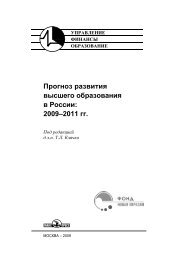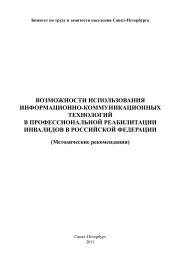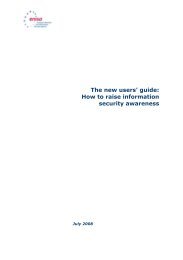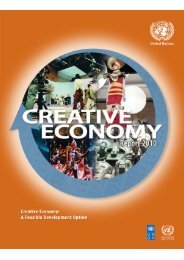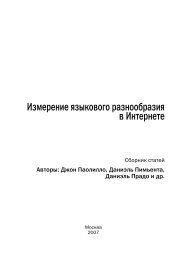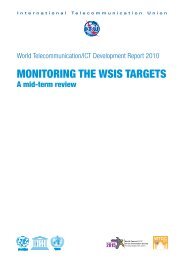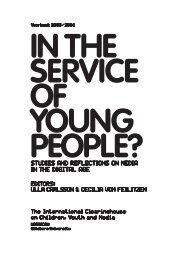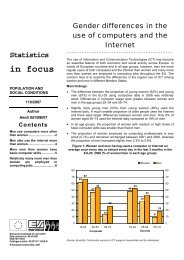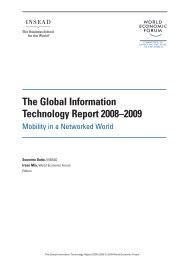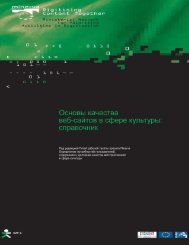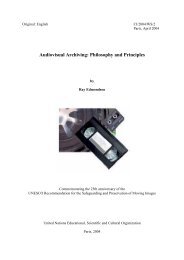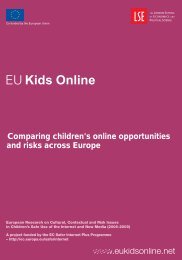Model curricula for journalism education for developing countries ...
Model curricula for journalism education for developing countries ...
Model curricula for journalism education for developing countries ...
Create successful ePaper yourself
Turn your PDF publications into a flip-book with our unique Google optimized e-Paper software.
108<br />
Grading and assessment protocol<br />
Attendance and in class assignments: 30 percent.<br />
Four special reports: 30 percent.<br />
Final exam: 40 percent.<br />
Comments<br />
This syllabus has been prepared <strong>for</strong> the Bachelor’ s degree level. In a syllabus<br />
<strong>for</strong> the Master’ s degree level I would change some practicum, focusing more on<br />
in-depth political writing and analysis, assuming that most of the students had<br />
previous knowledge of basic reporting. I would also devote more energy to other<br />
specific topics, such as political party ideologies or decision making processes in the<br />
bureaucracy. By contrast, I would provide a briefer overview of some institutional<br />
Contributed by Jorge Liotti, Director of the Department of Journalism, Universidad<br />
Católica Argentina (UCA)<br />
Reporting and Writing/Tier 3: Specialized Journalism<br />
(Science and Health)<br />
Level of Course: Final year, bachelor’s degree<br />
Course description<br />
Acquisition of knowledge and skills in science and health reporting ought to be<br />
a focal point of training <strong>for</strong> <strong>journalism</strong> and mass communication students in the<br />
<strong>developing</strong> world. The aim of this course is to train students who will be able to<br />
report science and health news and in<strong>for</strong>mation to citizens of their <strong>countries</strong> as part<br />
of the ef<strong>for</strong>ts to improve the total quality of their lives.<br />
Specific objectives of the course are to:<br />
• create awareness, among <strong>journalism</strong> students, of the indispensability of science in<br />
improving the standards of living of people generally and those in <strong>developing</strong> nations<br />
in particular;<br />
• acquaint <strong>journalism</strong> students (some of whom may be biased against science) with<br />
areas of science and how they impact on human life;<br />
• see and appreciate the role of a good health care delivery system in the overall<br />
national development of a country;<br />
• encourage students to develop the flair <strong>for</strong> science/health reporting and to be<br />
able to communicate science/health in<strong>for</strong>mation to readers, listeners and viewers<br />
effectively.<br />
To achieve the above objectives, students will be exposed to basic knowledge in



